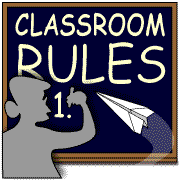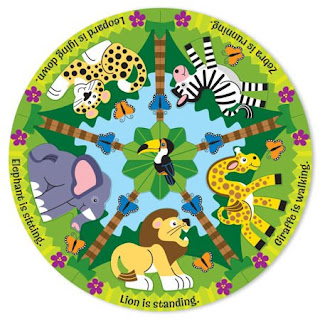
Since my student teaching in the public school system came to an end this past June I have been teaching pre-k at a non-profit facility in Portland. We just finished up with summer session and kicked off the 2009-2010 school year on Tuesday. The classroom has been a little hectic with 18 (yes, 18) three and four year olds, but as long as I remember to take deep breaths on a regular basis I'm alright. Establishing routine and boundaries with the little ones is definitely a challenge.
Pre-k students are developmentally very different from my 2nd and 5th graders (obviously). From my education schooling, training, and experiences I have learned a great deal about the importance of setting firm guidelines starting on the first day of school. I have come to believe that when you establish your classroom rules at the beginning of the year, solicit student imput. You'll end up with the same rules, and the students will be more likely to pay attention if they've had a hand in establishing the guidelines. Then be sure to post the rules where the students will see them- preferrably at their eye level. It's hard to say "I forgot the rules" when they're displayed for all to see. Good luck to all you teachers out there, let's start this new year on a positive note!






